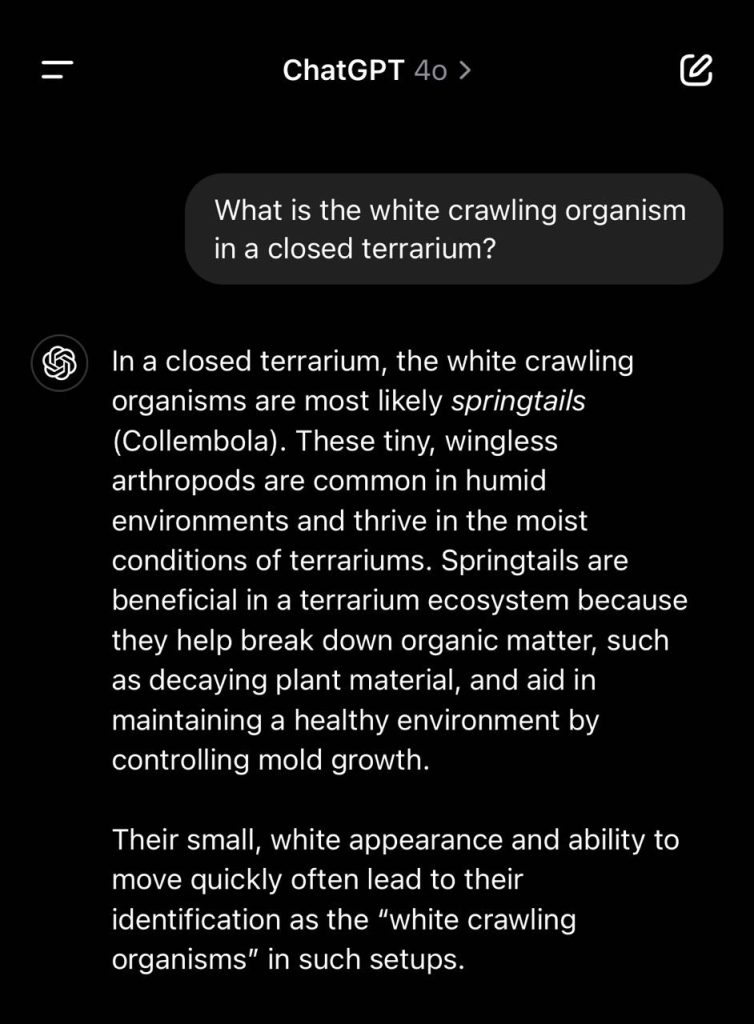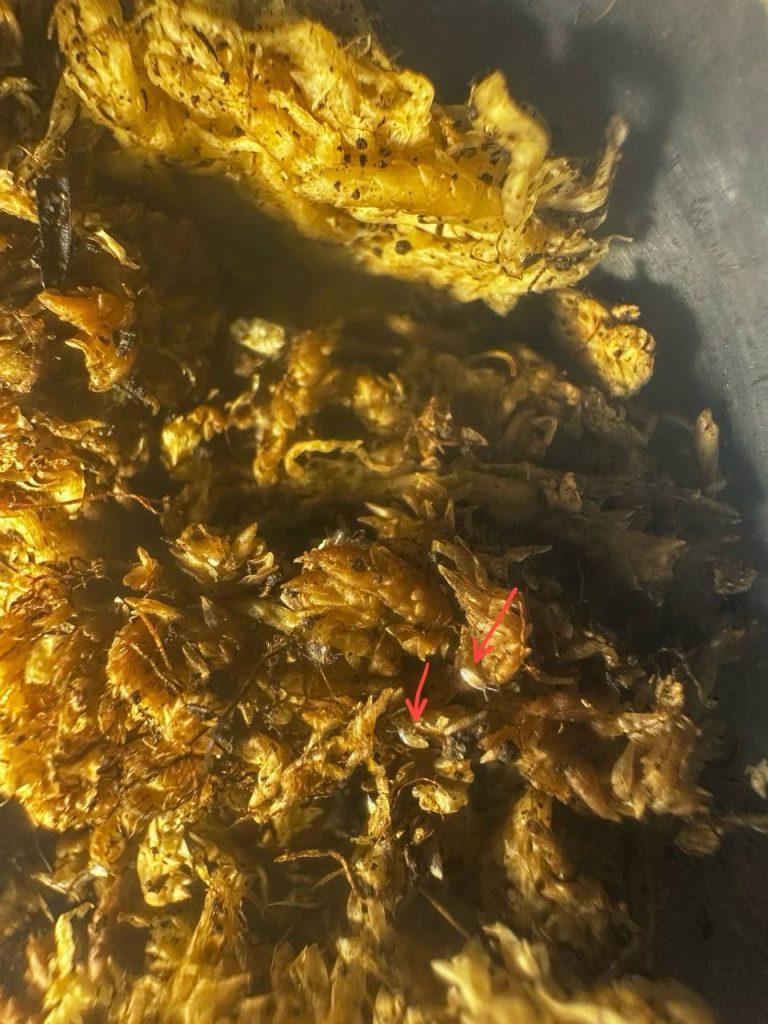I often wonder how humans as a species, managed to thrive. After all, we’re made of the same basic atoms as every other living organism. So, what makes us different?
The fact that you’re reading and understanding this very sentence is mind-boggling. These are just letters on a screen, but when arranged with care, they convey meaning. And on the receiving end, you can somehow make sense of them.
The book Sapiens helped answer some of my questions about this. The author explores how humans evolved the ability to communicate, make plans, and execute them. This capability, more than anything, has allowed us to dominate.
But here’s something even more interesting: how do we keep discovering new words?
Our lexicon expands as we’re exposed to new sources—friends, colleagues, or even social media (“skibidi,” “Ohio,” or “gyaat” as of writing this). Every generation invents its own language, leaving the older generation often struggling to keep up. Why? Probably because the older generation tends to stick to their familiar ways of engaging with the world. Eventually, they lose touch with the evolving language.
Which brings us to the unknown-unknowns: How do we know what we don’t know?
Large language models (LLMs) like ChatGPT is a good tool to address this. I once found myself looking at closed terrariums but didn’t know anything about springtails – the tiny creatures that help maintain the ecosystem. ChatGPT pointed me in the right direction of springtail care and now I have a springtail culture of my own.
 |
 |
Words also take on new meaning depending on context. Take the word “spam,” for instance. Most people today think of unwanted emails or calls. But “Spam” was originally a food product registered in the U.S. in 1937—a blend of “spiced” and “ham”. Who would’ve guessed a word that started on a dinner plate would become synonymous with internet junk?
Context is everything. Stringing words together changes meaning entirely. A good example of this is a stand-up comedy on the word “ass” where the humor hinges on how language and context collide.
Even after diving deeper into how language works, it still amazes me how I’ve managed to learn these individual words, string them together, and communicate with you.
p.s. Just like telephones, language is a great example of network effects. Each additional user strengthens the language (by making it more useful for communication), which encourages new adopters, which in turn strengthen the language further.